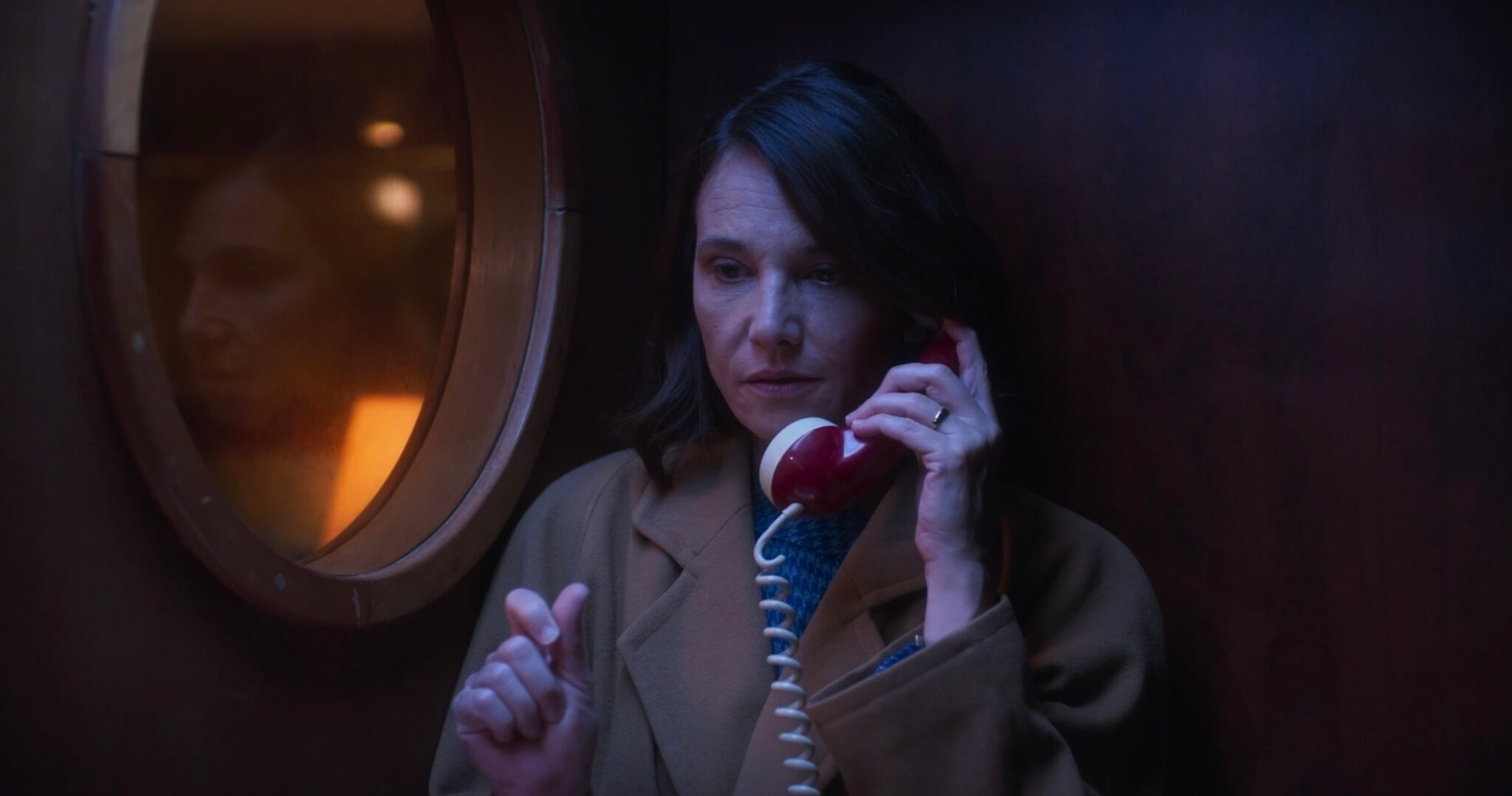Chile 76 takes place three years after the dictator Augusto Pinochet took over the country and cracked down on dissenting groups and rebels. There was political strife and unnecessary violence, but almost none of this plays out explicitly in the film. Instead, we mostly follow Carmen, who seems to be going through a crisis of her own, albeit an internal one. She lives a well-to-do life as she decorates a new house and volunteers at the church, but there is a deep-seated melancholia about her, which is maybe why she’s so drawn to Elias (Nicolás Sepúlveda). She exits her comfort zone and aids in his covert exchanges across town, perhaps because she’s genuinely interested in Elias’ cause, but possibly because she sees it as a way out from the humdrum of her privileged life. The beauty of the film is that it melds the personal with the political in subtle and interesting ways, allowing us viewers to draw our own conclusions to the matter.
Synopsis
Chile, 1976. Carmen heads off to her beach house. When the family priest asks her to take care of a young man he is sheltering in secret, Carmen steps onto unexplored territories, away from the quiet life she is used to.
Storyline
As the wife of a doctor, Carmen (Aline Küppenheim) lives a life of comfort, alternating between her domestic duties as a grandmother and helping out at the local church, but all this is about to change when she’s asked to shelter a mysterious man in hiding.
TLDR
This movie has more mirror scenes than a hall of mirrors has, well, mirrors, but I’m here for it—more angles of Aline Küppenheim's immaculate face, the better.
What stands out
Küppenheim is so captivating, her expressions so still yet moving, that it’s only by the movie’s end you realize how skewed, actually, the film’s point of view is. Thousands died at the hand of Pinochet, so it does seem odd to center a film that boldly claims to be about the national experience on an apolitical bourgeoise woman. To be fair, it does give the film a distinctly female gaze, and I admire how her growing paranoia is underlain with both personal and political troubles, but I wish the film mined Elias’ life a bit more and showed (not just told) us how he and his comrades lived in Chile in 1976.








